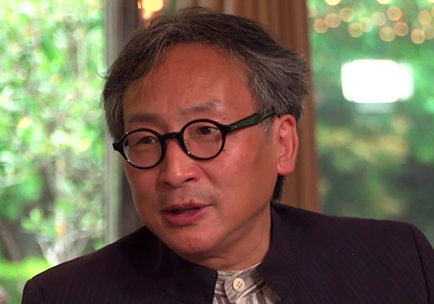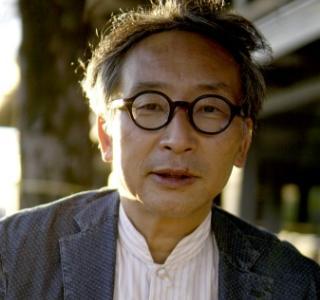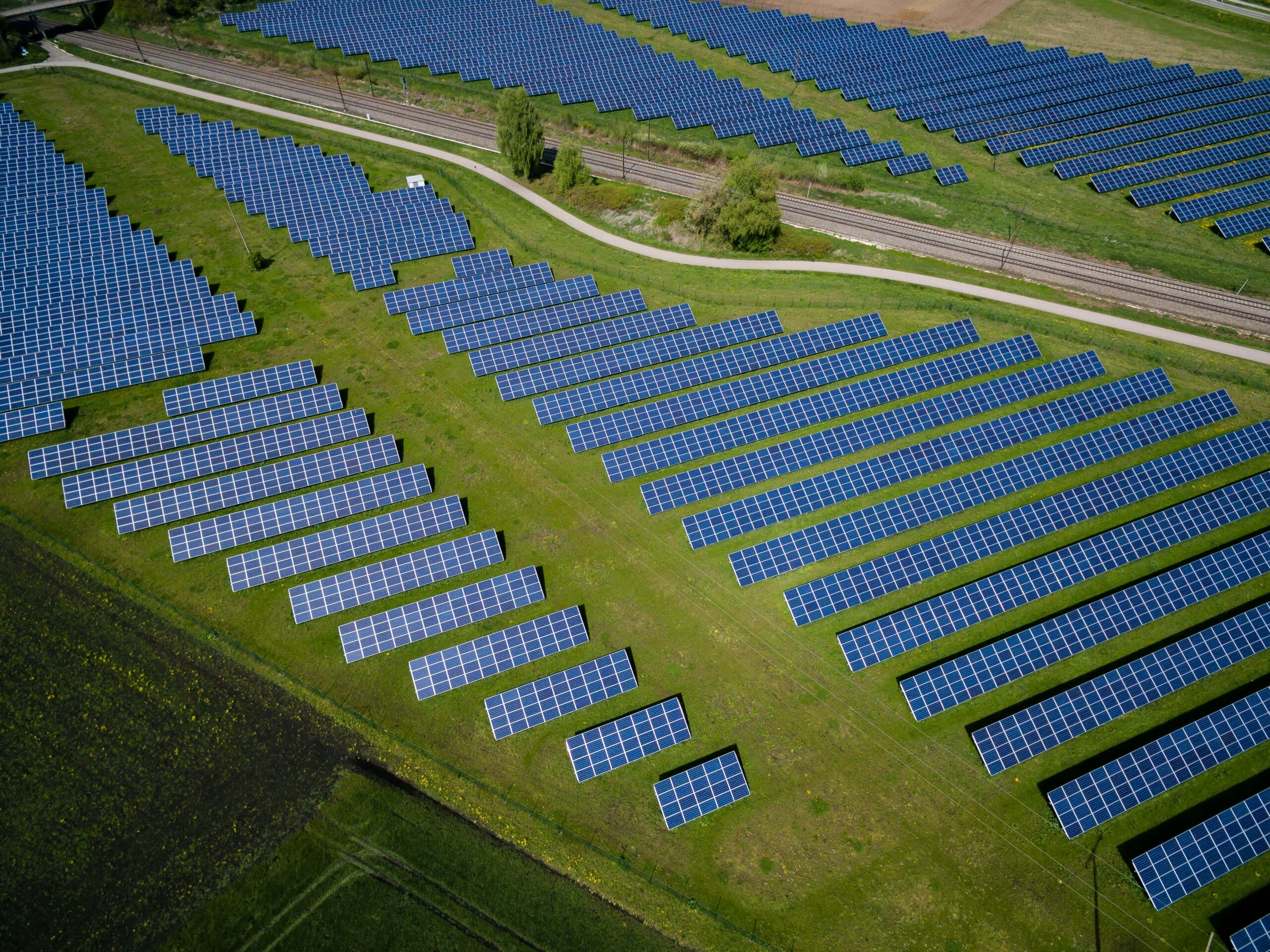January 27th, 2023
5 min read

NTT’s commitment to sustainability is part of its history and culture. We are a human company by heritage based on a public mandate from over 150 years ago to serve society by connecting individuals and companies through communications. Our company’s purpose is grounded in the idea of contributing to society through promoting harmony and constantly creating innovations to deliver better customer experiences. This purpose has been the foundation of the ongoing expansion of the business strategy with new services that are based on listening to customers, employees, partners and all stakeholders.
In November 2021 NTT launched the Global Sustainability Charter which laid out our vision and commitments to helping improve society and creating a better future.
The Charter defined NTT’s perspective on a broad approach to sustainability, along with key policies and prioritized goals. These have been structured around three pillars: nature, prosperity and wellbeing. Within these pillars there are nine major challenges. These challenges are addressed by 30 business activities by which NTT will measure its progress towards change.
While the structure of the Charter is simple with the three pillars, nine challenges, and 30 goals – the principles that lie behind the Charter are profound. Rooted in conceptual thinking, the Charter connects sustainability to the power of connection and interdependence to achieve better outcomes for all. The core concept behind the Charter refers to the idea of connecting the individual with a community of multiple other agents – such as other people, nature, technologies and other things that help us to achieve a more sustainable world through more positive and altruistic relationships. This concept is called ‘Self-as-We’.
At its core: I versus we
‘Self-as-We’ was developed as a conceptual idea by Professor Deguchi, Professor of Philosophy at Kyoto University.
Through observation of individual human beings, and the study of many eastern and western philosophies, he concluded that it is impossible to achieve anything completely as an individual. What we achieve is highly dependent on the interaction of multiple agents and components. These ‘agents’ may be other human beings. However, they may also include animals, the natural environment or non-living objects like technologies and systems. All these ‘agents’ work to form the ‘We’. The ‘I’ can never achieve the same outcomes in isolation and will always align with agents to create a more powerful ‘We’.
According to Professor Deguchi, “It is widely held that one can do things alone but that is more of an illusion or misunderstanding. All actions are done not by an individual ‘I’ but by ‘We’ as a system of various and numerous agents. The subject or agent of all actions is not ‘I’ but ‘We’. Human beings cannot live and act apart from ‘We’. There is no such thing as a ‘naked I’ without ‘We’. ‘We’ is inescapable and unavoidable”, he says.
“Think of riding a bicycle. Certainly, it is ‘I’ as an individual who is pedaling on the saddle. But this ‘I’ alone cannot achieve the act of riding a bicycle. Without a properly working bicycle, without well-maintained roads, without appropriate atmospheric pressure and gravity, the act of riding a bicycle is not possible. For these conditions to be met, countless people, countless organisms and inanimate objects, present and past, must operate in a proper manner and, as a result, assist, support, and afford the act of riding a bicycle. These myriad agents together with ‘I’ constitute the ‘We’ and perform the joint act of riding a bicycle” says Professor Deguchi.
Good and bad ‘we’
According to Professor Deguchi there is good ‘We’ and bad ‘We’. Totalitarian ‘We’ for instance, is a bad ‘We’, as are other ‘We’ that arise from measures of coercive action such as, when strict pressure is applied to members within a group to unitize. For a ‘We’ to be good, several requirements must be satisfied, Deguchi describes.
For example, other things being equal, the bigger the ‘We’, the better the ‘We’ can be. Rather than a ‘We’ that consists of only the people of one nation state and only considers the interests of that state, a ‘We’ that has the entire human beings as members and serves for the humanity, and even more, a ‘We’ that involves the global ecosystem and tries to sustain it, is a better ‘We’.
It is also a bad ‘We’ where a particular person or group occupies the center and all other agents are forced to serve the interests of that central figure. On the other hand, a ‘We’ in which no particular person or group occupies the center of gravity of interests, a hollow ‘We’, so to speak, can be a good ‘We’.
To create a ‘WE’ in which the center remains empty, but countless agents support and connect with each other, and to strive to continually expand it outward. That is one way to create a better ‘We’.

The importance of connections
Human beings have long been known for their ability to co-operate, giving them unique abilities in the animal kingdom. As academics have noted, “There are only two ways that humans work together: they cooperate with one another, or they coerce one another” and it is the former that results in happier humans 1. This sense of togetherness is with us every day in everything we do and requires a key enabler to make it work. That enabler refers to a complex network of connections.
‘Self-as-We’ lays out the principles of the power in togetherness. Shifting from valuing standalone individuals or isolated groups to encouraging highly connected and diverse cultures and communities. The value of connections must be centered around our ability to connect to people, goods, nature and technology as equal agents. Positive connections enable greater societal wellbeing. In this way we will have the greatest potential to maximize society’s wellbeing and achieve a more sustainable future.
Coexistence of perspectives
In many cases in today’s world there are very opposing views of the same event or situation, with the belief that only one perspective can be right. Sometimes fueled by influenced content or a complete lack of context. Increasingly this creates greater division and misunderstandings, leading to further opposition to other perspectives.
For a more sustainable and harmonious future, the idea that all opposing views are wrong, needs to be re-evaluated. To achieve a level of positive connectedness that leads to a stronger ‘We’, a better approach is to assess and evaluate all ideas and perspectives. This is the concept of non-duality, the belief that people and entities do not exist in opposition or separate from one another.
An assessment of opposing views will help improve mutual understanding, although not all opposing views would be acceptable based on human ethics and morals. This approach to considering that two or more opposing perspectives can be right will help to achieve a better outcome for all through a more positive and unified ‘Self-as-We’ world.
NTT’s sustainability vision
NTT has set out a vision for sustainability that starts with the concept of the individual at the core, while at the same time having positive connections to other people, nature and technologies, to achieve a more sustainable society. ‘Self-as-We’ embodies the view that we can only create a sustainable future through an altruistic coexistence within society.
By connecting through common shared ethics and values we will achieve greater harmony with nature, more equitable economic prosperity and in turn improve wellbeing for all. Based on the idea of the big ‘We’, a more sustainable society can truly be achieved by adopting a more altruistic mindset with a wider perspective of the interdependence and connections to the environment around us.
The concept of living our lives together through the power of ‘We’ will serve to help us all achieve a more sustainable future.
1 Which one Makes Us Happier, by Antony Davies & James R. Harrigan





